In today’s world, where climate change and rising energy costs are pressing concerns, more people are turning to renewable energy solutions like solar power. Nexus Solar Energy is at the forefront of this green revolution, offering innovative solutions that not only help you reduce your carbon footprint but also save money in the long run. If you’ve been wondering how to make the switch to solar energy without breaking the bank, this guide is for you. We’ll explore everything you need to know about Nexus Solar Energy, how it works, and how you can save money while going green.
Why Choose Nexus Solar Energy?
Solar energy is one of the most sustainable and cost-effective ways to power your home or business. Nexus Solar Energy specializes in providing high-quality solar panels, energy storage systems, and customized solutions tailored to your needs. Here’s why Nexus Solar Energy stands out:
- Eco-Friendly Power: Solar energy is clean, renewable, and reduces greenhouse gas emissions.
- Cost Savings: By generating your own electricity, you can significantly lower your utility bills.
- Energy Independence: Reduce reliance on traditional energy grids and protect yourself from rising energy costs.
- Government Incentives: Take advantage of tax credits, rebates, and incentives for installing solar panels.
How Nexus Solar Energy Helps You Save Money
1. Lower Energy Bills
One of the most immediate benefits of switching to Nexus Solar Energy is the reduction in your monthly electricity bills. Solar panels generate free power from the sun, which means you’ll rely less on your utility company. Over time, the savings can add up to thousands of dollars.
2. Net Metering
Many utility companies offer net metering programs, allowing you to sell excess energy generated by your solar panels back to the grid. This can further offset your energy costs and even earn you credits on your bill.
3. Federal and State Incentives
The U.S. federal government offers a Solar Investment Tax Credit (ITC), which allows you to deduct a significant percentage of your solar installation costs from your taxes. Additionally, many states and local governments offer their own incentives, making solar energy even more affordable.
4. Increased Property Value
Homes equipped with solar panels often have higher property values and sell faster than those without. Studies show that solar installations can increase home value by up to 4.1%.
5. Low Maintenance Costs
Nexus Solar Energy systems are designed to be durable and require minimal maintenance. With no moving parts, solar panels typically last 25-30 years, ensuring long-term savings.
Trending Keywords to Boost Your Solar Knowledge
To help you better understand the world of solar energy, here are some of the most searched and trending keywords related to Nexus Solar Energy:
- Solar panel installation
- Solar energy savings
- Green energy solutions
- Renewable energy incentives
- Solar power for homes
- Best solar companies 2023
- Solar battery storage
- How do solar panels work?
- Solar tax credits 2023
- Eco-friendly energy solutions
How to Get Started with Nexus Solar Energy
Step 1: Assess Your Energy Needs
Before investing in solar panels, evaluate your current energy consumption. Nexus Solar Energy offers free consultations to help you determine the right system size for your home or business.
Step 2: Choose the Right Solar Panels
Nexus Solar Energy provides a range of high-efficiency solar panels designed to maximize energy production. Their team will help you select the best option based on your location, roof type, and energy goals.
Step 3: Explore Financing Options
Nexus Solar Energy offers flexible financing options, including solar loans, leases, and power purchase agreements (PPAs). These options make it easier to go solar with little to no upfront cost.
Step 4: Installation and Monitoring
Once you’ve chosen your system, Nexus Solar Energy’s certified technicians will handle the installation process. Their advanced monitoring systems allow you to track your energy production and savings in real-time.
Common Myths About Solar Energy
Myth 1: Solar Panels Are Too Expensive
While the initial cost of solar panels can be high, the long-term savings and available incentives make them a worthwhile investment. Nexus Solar Energy offers affordable financing options to make the transition easier.
Myth 2: Solar Panels Don’t Work in Cloudy Climates
Solar panels can still generate energy on cloudy days, though at a slightly reduced efficiency. Nexus Solar Energy’s advanced panels are designed to perform well in various weather conditions.
Myth 3: Solar Panels Require High Maintenance
Solar panels are low-maintenance and only require occasional cleaning and inspections. Nexus Solar Energy provides comprehensive maintenance plans to ensure your system operates at peak performance.
The Future of Solar Energy
As technology advances, solar energy is becoming more efficient and affordable. Innovations like solar battery storage, smart inverters, and bifacial solar panels are revolutionizing the industry. Nexus Solar Energy is committed to staying at the cutting edge of these developments, ensuring their customers always have access to the best solutions.
How Nexus Solar Energy Stands Out
- Customer-Centric Approach: Nexus Solar Energy prioritizes customer satisfaction, offering personalized solutions and exceptional support.
- Quality Products: They use only the highest-quality materials and components to ensure durability and performance.
- Expert Installation: Their team of certified professionals ensures seamless installation and optimal system performance.
- Comprehensive Warranty: Nexus Solar Energy offers industry-leading warranties, giving you peace of mind for years to come.
FAQs About Nexus Solar Energy
Q1: How long does it take to install solar panels?
A: The installation process typically takes 1-3 days, depending on the size of the system.
Q2: Can I go off-grid with Nexus Solar Energy?
A: Yes, with the addition of solar battery storage, you can achieve energy independence and go off-grid.
Q3: What happens during a power outage?
A: If you have a solar battery, you can continue to power your home during an outage. Without a battery, your system will shut off for safety reasons.
Q4: How do I know if my roof is suitable for solar panels?
A: Nexus Solar Energy offers free roof assessments to determine if your roof is suitable for solar installation.
Conclusion
Switching to Nexus Solar Energy is a smart investment for both your wallet and the planet. By harnessing the power of the sun, you can save money on energy bills, reduce your carbon footprint, and contribute to a more sustainable future. With flexible financing options, government incentives, and expert support, there’s never been a better time to go solar.
Ready to take the first step? Contact Nexus Solar Energy today for a free consultation and start your journey toward energy independence and financial savings.
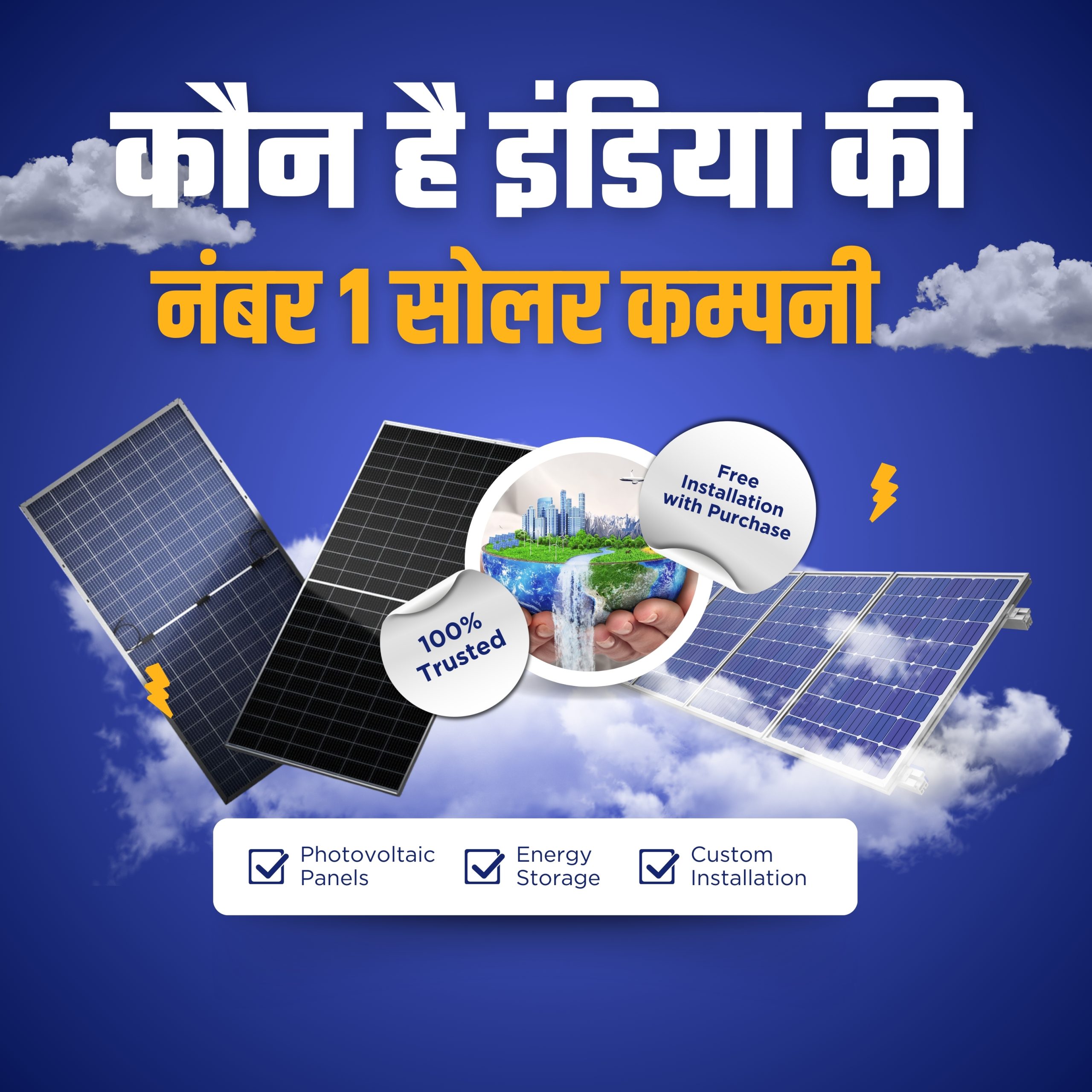
![“Exciting Career Opportunities At [Nexus Solar Energy] – APPLY TODAY”](https://www.nexussolarenergy.in/wp-content/uploads/2024/05/🎉-NEXUS-SOLAR-ENERGY-IS-HIRING-FRESHERS-🎉-Launch-Your-Career-in-Renewable-Energy-🌞-POS.jpg)
 Why Work with Nexus Solar Energy?
Why Work with Nexus Solar Energy? What We Offer:
What We Offer: Competitive salary packages
Competitive salary packages Current Job Openings
Current Job Openings District sales offer
District sales offer  Responsibilities: Lead generation, client handling, and closing deals.
Responsibilities: Lead generation, client handling, and closing deals. Regional Manager (Sales)
Regional Manager (Sales) H.R Manager
H.R Manager Graphic Designer
Graphic Designer Marketing Coordinator
Marketing Coordinator Account Manager
Account Manager How to Apply?
How to Apply? Join Nexus Solar Energy – Powering Tomorrow, Today!
Join Nexus Solar Energy – Powering Tomorrow, Today! 


 Visit
Visit 
 Higher power output per square meter
Higher power output per square meter  No
No Moderate
Moderate Highest
Highest Moderate
Moderate Available in Major Indian Cities:
Available in Major Indian Cities: Mumbai
Mumbai Suggested Images:
Suggested Images: Related Hashtags:
Related Hashtags:
 9528029746
9528029746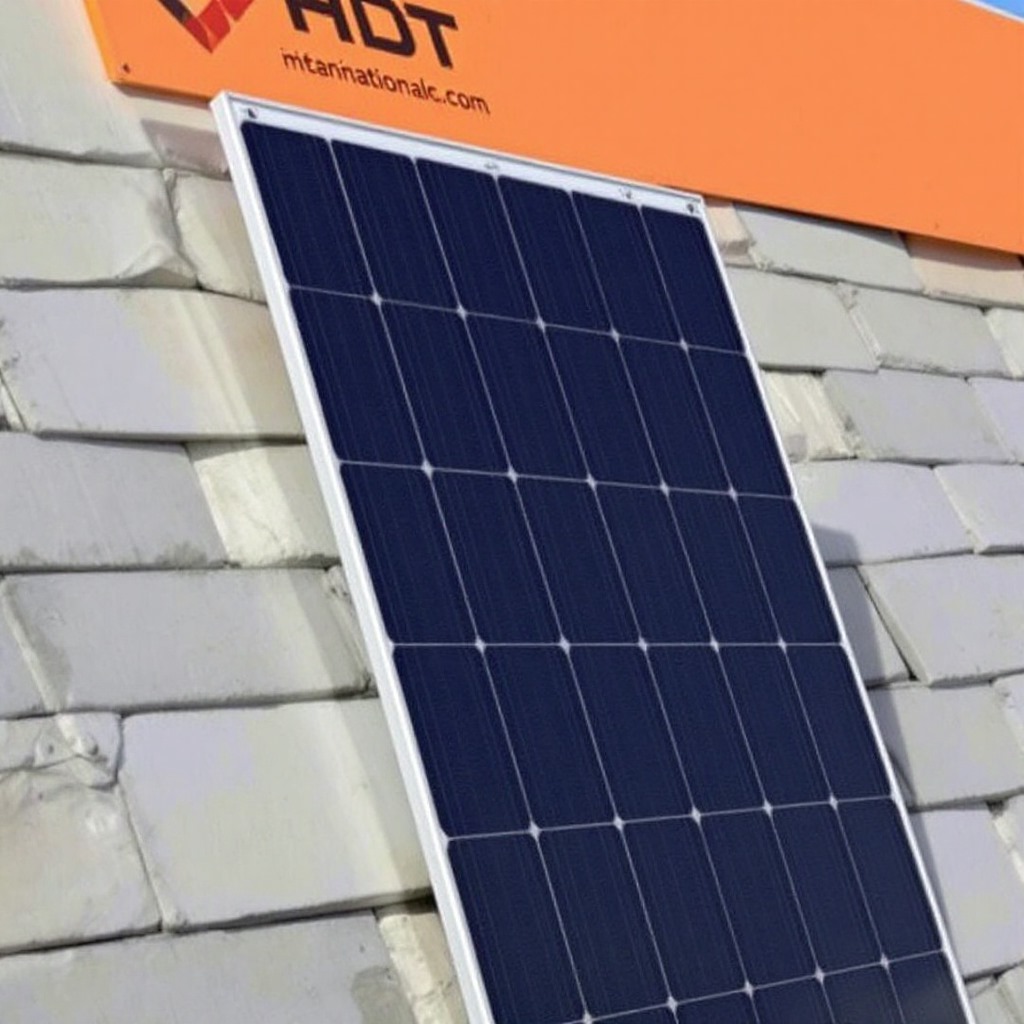
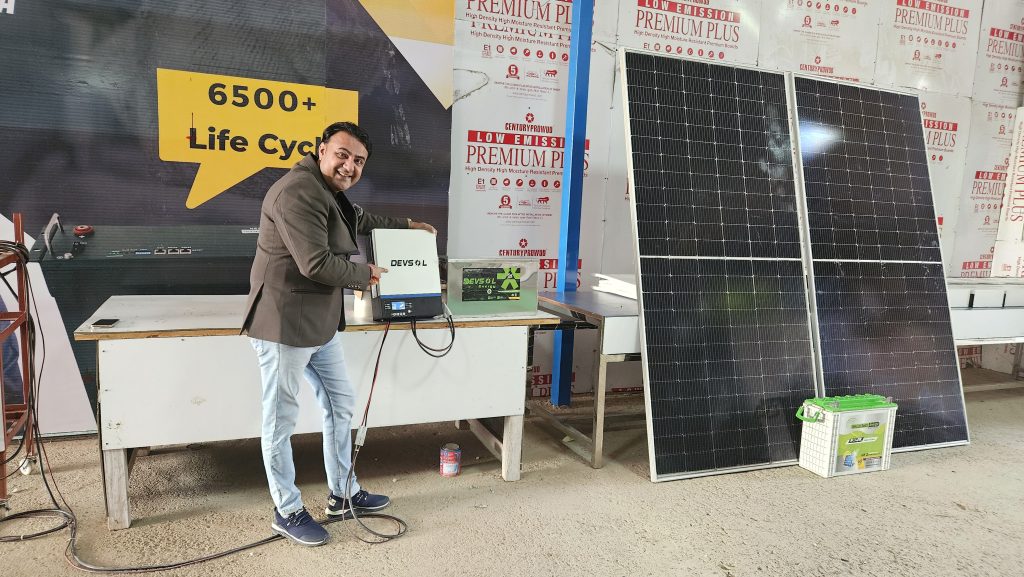
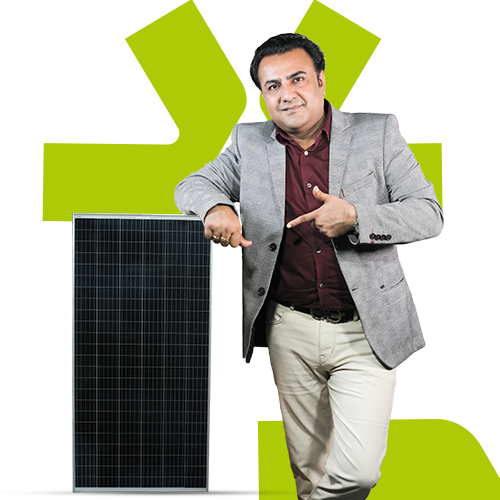
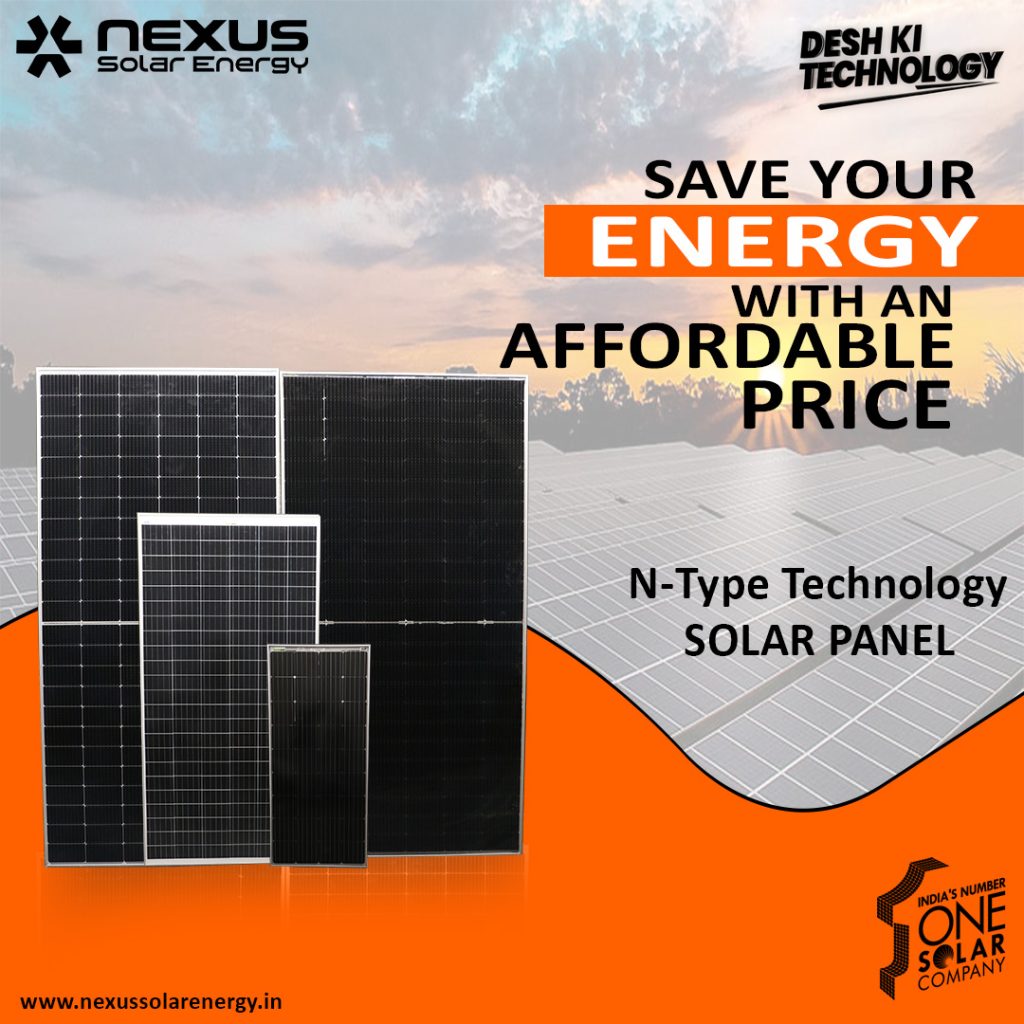

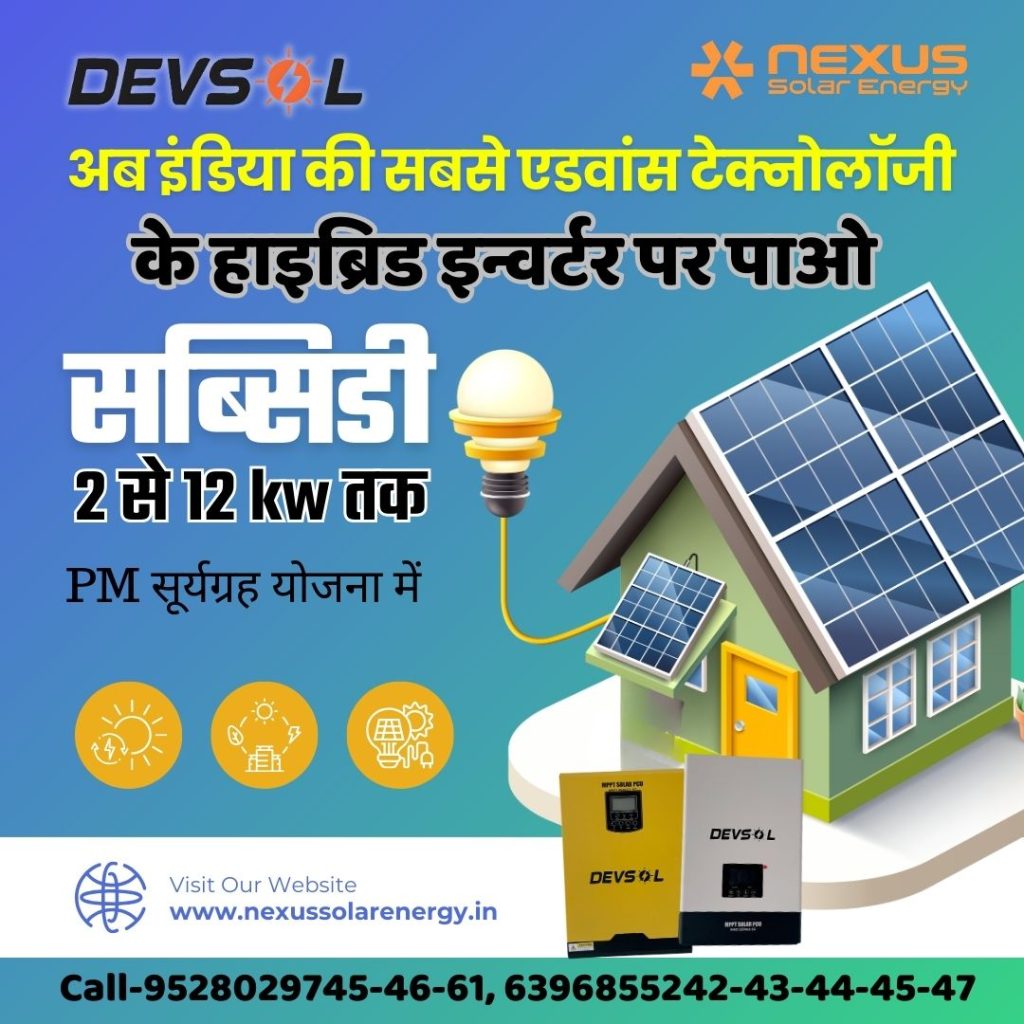
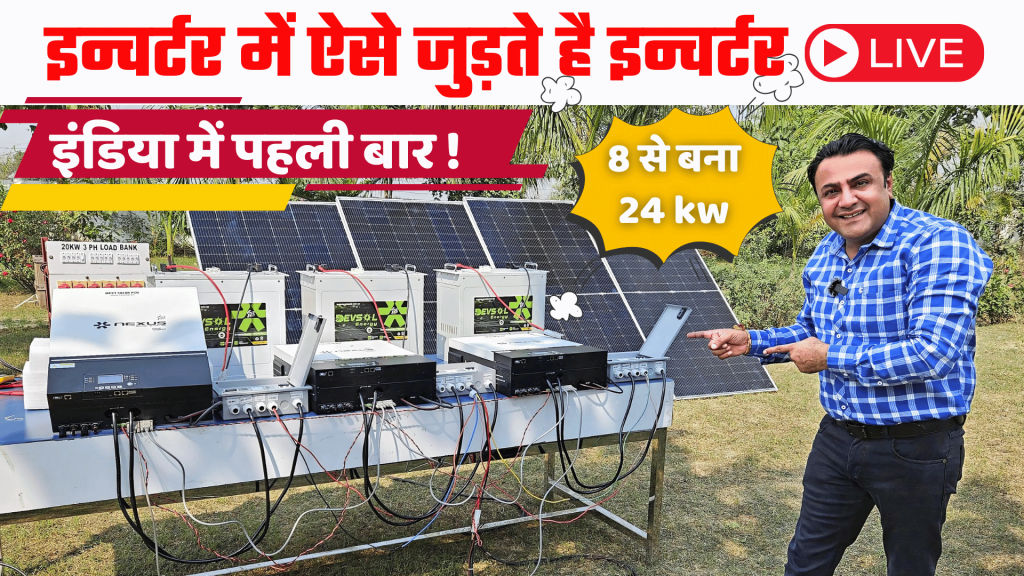
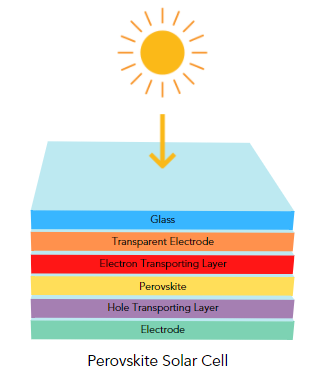


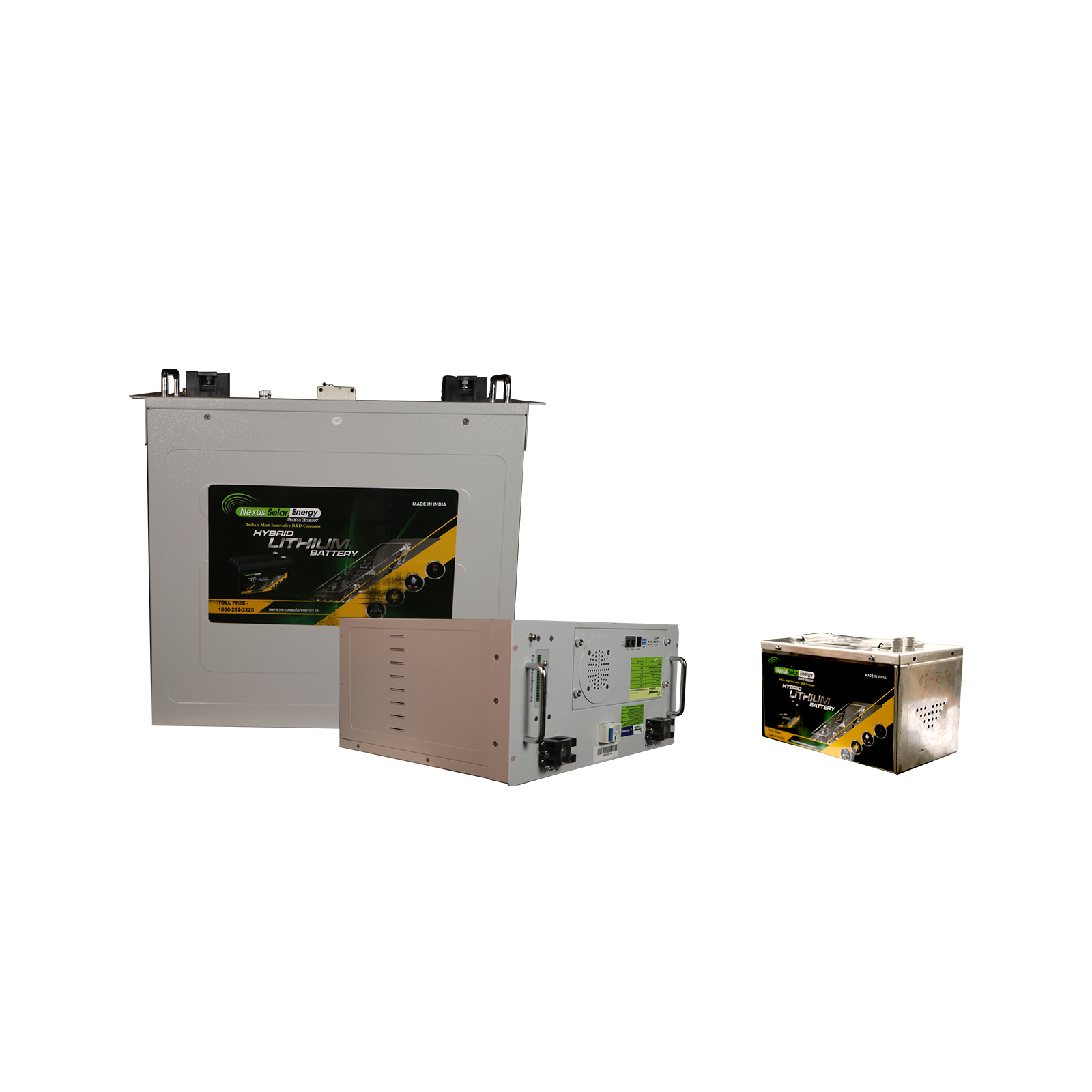
Leave a Reply